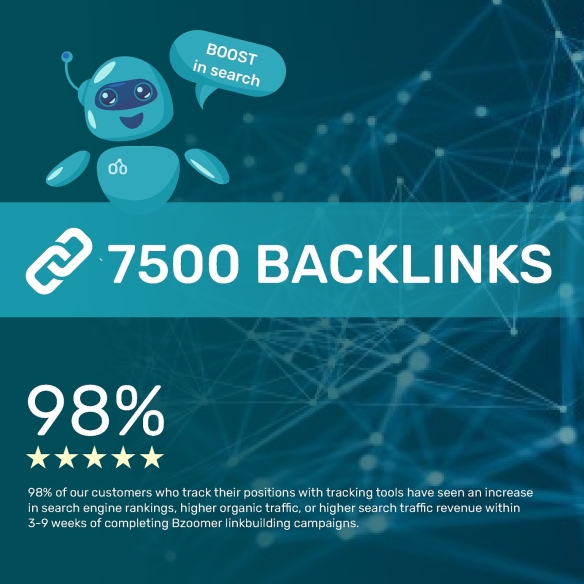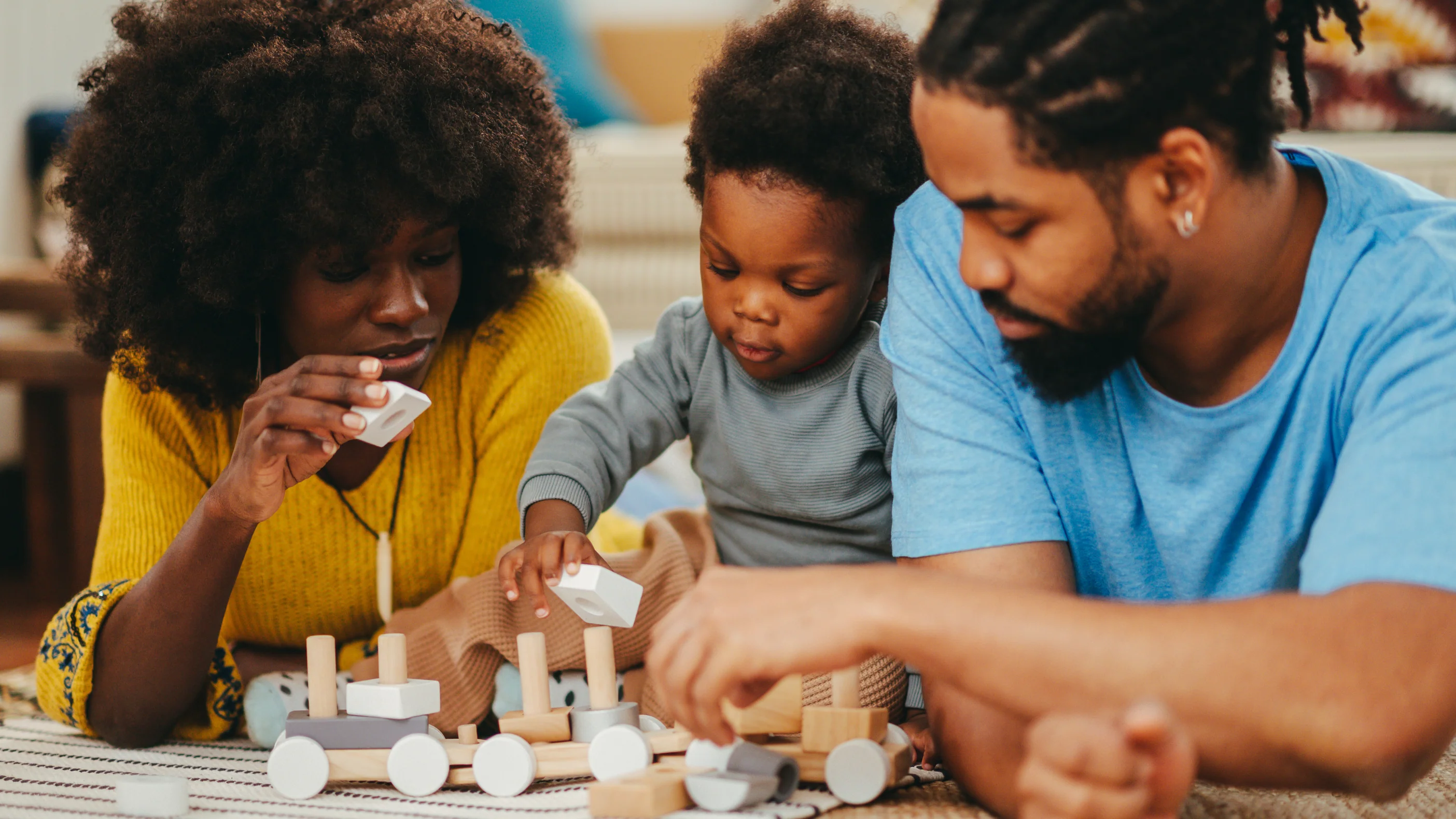Nurturing Minds: The Role of Baby Educational Toys in Early Development
The world is a vast, intriguing place for a baby. Every sound, every color, and every movement presents an opportunity to learn. As caregivers, it's our prerogative to ensure that our little ones have the tools they need to explore, comprehend, and engage with their environment. This is where baby educational toys come into play.
1. More Than Just Play
While any form of play is beneficial, playtime with educational toys is doubly so. Baby educational toys are specifically designed with a child's developmental stage in mind. They don't just entertain; they teach. Whether it's a soft cloth book that introduces a baby to textures and colors or a shape-sorting cube that challenges their problem-solving skills, these toys serve as a bridge between fun and learning.
2. Building Blocks of Cognitive Development
From a tender age, babies begin to grasp the concept of cause and effect. They shake a rattle and it makes a noise; they drop a ball, and it bounces. These simple interactions, amplified with the right toys, lay the groundwork for cognitive abilities. Educational toys, with their varied stimuli, encourage babies to think, explore, and deduce.
3. Sensory Stimulation and Motor Skills
Many baby educational toys are tactile, providing sensory experiences that are crucial at this exploratory stage. Toys with different textures, sounds, and interactive features not only stimulate a baby's senses but also help refine their motor skills. Grasping, stacking, and sorting are actions that fine-tune their hand-eye coordination and dexterity.
4. Language and Social Skills
Toys that talk or sing introduce babies to the rhythm and melody of language. Even before they can utter their first words, babies absorb the sounds and intonations. Plus, playtime often involves interactions with caregivers or peers, subtly teaching babies about social cues, turn-taking, and the basics of communication.
5. Choosing the Right Toy
With a myriad of options available, choosing the perfect baby educational toy might seem daunting. It's essential to consider the child's age and current developmental stage. Look for toys that challenge but don't frustrate, ones that can grow with the child, offering layered learning experiences. Always ensure the toys are safe, free from small detachable parts, and made of non-toxic materials.
Conclusion
Baby educational toys are more than mere playthings; they are instruments of discovery and learning. As our little ones embark on their grand adventure of understanding the world around them, these toys become their companions, guiding and enriching their journey. For caregivers, there's no greater joy than witnessing those moments of realization, those sparks of intelligence, kindled and nurtured by the simple act of play.



